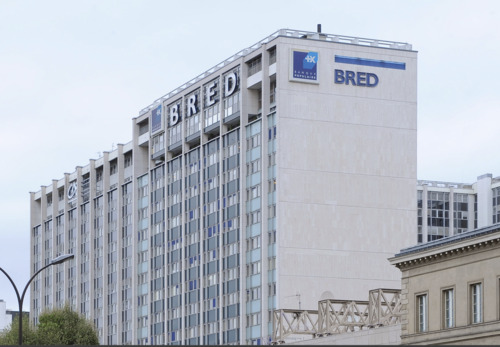Le règlement européen Emir
Publié en 2012, le règlement européen Emir vise à mieux réguler les marchés de produits dérivés de gré à gré, à savoir conclus entre deux banques ou entre une banque et une entreprise, en dehors d’une place boursière. Cette réglementation a été conçue en réponse à la crise de 2008, dans le but de réduire le risque posé par l’augmentation massive des volumes de produits dérivés. L’objectif premier est d’augmenter la transparence de marché.
Ainsi, au premier rang des obligations, les deux contreparties d’une transaction de produit dérivé doivent en faire la déclaration auprès du référentiel central Trade Repository. S’ajoutent à cela différentes mesures comme le recours à des techniques d’atténuation des risques opérationnels ou encore le respect de la part des chambres de compensation d’exigences en matière de règles de conduite, d’organisation ou de capital.
Les manquements de la Bred
L’AMF reproche à la Bred trois principaux manquements ayant eu lieu entre novembre 2015 et juin 2017. Tout d’abord, la Bred n’a pas signalé certaines transactions auprès de ses contreparties, contrairement à ce qu’exige le règlement Emir, qui demande que les termes des contrats dérivés de gré à gré soient rapidement confirmés.
Ensuite, la Bred aurait, selon l’AMF, été défaillante quant à ses contrôles sur les transactions sur dérivés de gré à gré. Elle n’aurait pas « disposé d’une procédure et d’un dispositif de suivi des délais de confirmation lui permettant de mesurer et surveiller la confirmation rapide de certaines transactions ». Enfin, l’AMF déclare que la Bred n’a pas « mis à jour quotidiennement les valorisations de certains dérivés déclarés. » L’AMF a relevé en tout 255 motifs de sanction contre la Bred.
Une sanction inédite de l’AMF
C’est la première fois que l’AMF émet une sanction à l’encontre d’un prestataire de services d’investissement pour non-respect du règlement Emir. L’amende est toutefois deux fois moins élevée que ce que l’AMF avait initialement requis à l’encontre de la Bred, à savoir un million d’euros. La Bred a déclaré ne pas vouloir faire appel avant d’avoir pris connaissance en détail des 255 motifs de sanction relevés par l’AMF.
